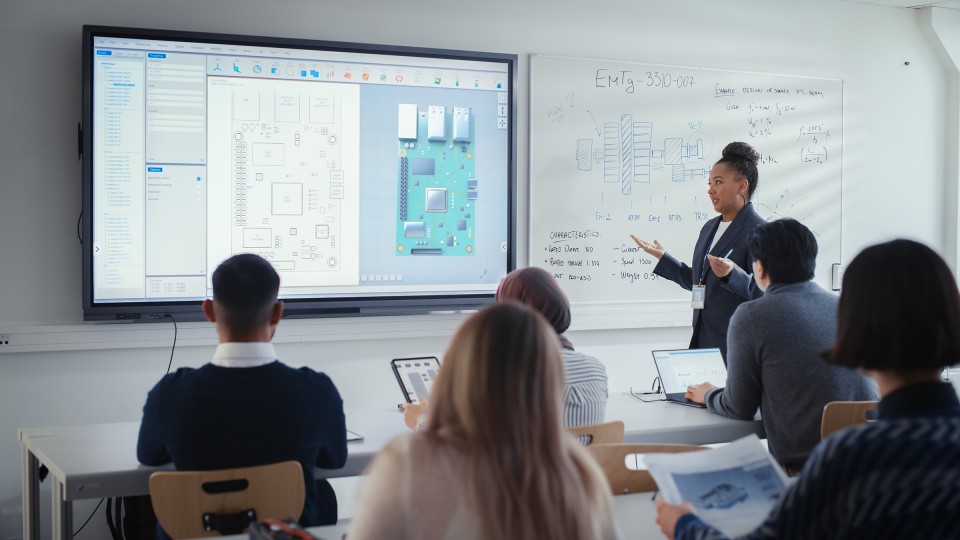Building Strong Foundations for Successful Reintegration

In the context of vocational rehabilitation, individuals often face the challenge of reentering the workforce after a period of absence or due to changing industry demands. In such situations, the importance of retraining before commencing vocational rehabilitation becomes evident. Retraining offers individuals the opportunity to update their skills, acquire new knowledge, and adapt to evolving job requirements. In this article, we will delve into the significance of retraining as a crucial step before embarking on vocational rehabilitation, highlighting the benefits it brings to individuals seeking successful reintegration into the workforce.
Enhancing Competence and Relevance
-
Adapting to Industry Changes: Industries and job markets are continuously evolving, influenced by technological advancements and changing demands. Retraining equips individuals with up-to-date skills and knowledge, ensuring their competence in the current job market. By keeping pace with industry changes, individuals increase their employability, making them more attractive to potential employers during vocational rehabilitation.
-
Bridging Skill Gaps: During periods of absence from the workforce or due to changes in the individual's physical or cognitive abilities, certain skills may become outdated or less relevant. Retraining allows individuals to bridge these skill gaps and align their competencies with current job requirements. It ensures they possess the necessary skills and knowledge to perform effectively in their chosen field during vocational rehabilitation.
Boosting Confidence and Motivation
-
Rebuilding Self-Confidence: Extended periods away from work or experiencing limitations can erode an individual's self-confidence. Retraining helps individuals regain confidence by refreshing their skills and expanding their knowledge. It provides an opportunity to demonstrate competence in new areas and regain a sense of professional identity. Increased confidence positively impacts the individual's motivation and determination to succeed in their vocational rehabilitation journey.
-
Instilling a Sense of Purpose: Retraining before vocational rehabilitation enables individuals to redefine their career goals and align them with their abilities and interests. It helps individuals discover new opportunities and explore different career paths. By acquiring new skills and knowledge, individuals gain a renewed sense of purpose and direction, which motivates them to actively engage in the rehabilitation process and pursue their desired career outcomes.
Facilitating Successful Reintegration
-
Increasing Employability: Retraining enhances an individual's employability by expanding their skill set and making them more versatile in the job market. It equips individuals with valuable qualifications and certifications that are sought after by employers. By acquiring relevant and current skills, individuals increase their chances of securing employment during vocational rehabilitation, making the transition back into the workforce smoother and more successful.
-
Opening New Career Pathways: Retraining can open doors to new career opportunities and expand an individual's options during vocational rehabilitation. It enables individuals to explore different industries, professions, or job roles that align with their abilities and interests. Retraining broadens their horizons and empowers individuals to make informed choices about their career paths, increasing the likelihood of finding fulfilling and sustainable employment.
Retraining serves as a vital preparatory step before beginning vocational rehabilitation. It equips individuals with updated skills, bridges competency gaps, boosts confidence, and enhances employability. By undergoing retraining, individuals can adapt to industry changes, redefine their career goals, and explore new possibilities. Ultimately, retraining lays the foundation for successful vocational rehabilitation, empowering individuals to reintegrate into the workforce with competence, confidence, and renewed motivation.
